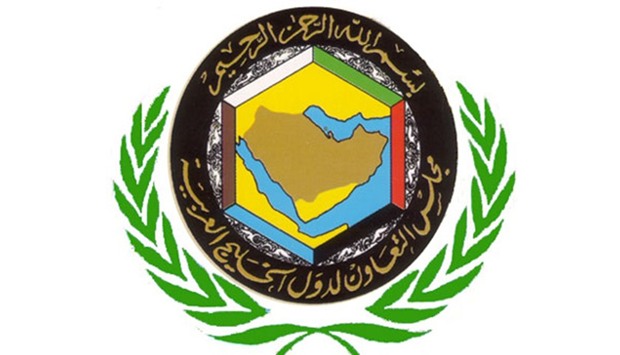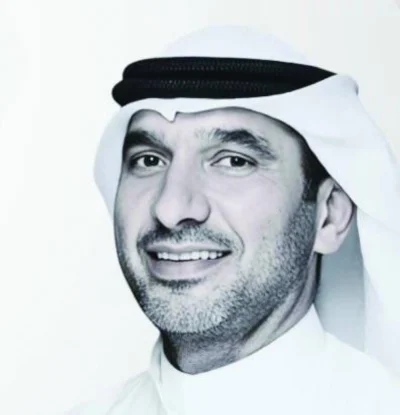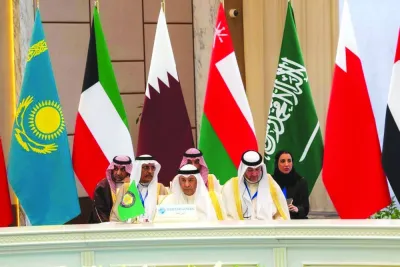His Highness the Emir Sheikh Tamim bin Hamad al-Thani will attend a crucial summit of the Gulf Co-operation Council (GCC) starting tomorrow, the Deputy Prime Minister and Foreign Minister HE Sheikh Mohamed bin Abdulrahman al-Thani yesterday said.
Speaking at a Doha forum, Sheikh Mohamed said the Emir had accepted the invitation from the Kuwaiti Emir at the end of last month to attend the GCC summit.
"I will attend the ministerial council tomorrow (Monday) and the Emir will attend the summit," said the minister.
He added that Qatar had not yet seen the summit agenda, but the current crisis would be discussed at the meeting.
"It is important that the GCC system remains alive," said the minister.
The summit will start on December 5, exactly six months since the Gulf crisis began.
On June 5, Saudi Arabia, Bahrain, the United Arab Emirates and Egypt abruptly cut all ties with Qatar over accusations Doha supported extremism and was close to Iran. Qatar denies the allegations.
Since the beginning of the crisis, all diplomatic communication between Qatar and the boycotting countries has been stopped.
Founded in 1981, the GCC is a political and economic union that includes Saudi Arabia, Bahrain, the United Arab Emirates and Qatar, as well as Oman and Kuwait.
Kuwait and Oman have not taken part in the boycott of Qatar, and Kuwait's Emir Sheikh Sabah al-Ahmad al-Sabah has acted as a mediator in the crisis.
Giving a lecture at the Arab Center for Research & Policy Studies on the topic "Gulf Crisis in the Regional Context", Sheikh Mohamed dealt with the impact of the crisis on the region, the role of the media and the stand Qatar has taken throughout the crisis, in addition to various related issues.
After the lecture, he answered a number of questions, mostly centred on the current GCC crisis. He stressed that Qatar was keen on maintaining the stability of the GCC as an organisation necessary for the well-being of the region.
"Qatar will remain in the GCC, as exiting the council would lead to its dissolution, which Qatar would never do," he said.
He hoped the GCC would ultimately emerge stronger with the passing of time "as it takes time for organisations to evolve into blocs like the European Union".
Regarding the role of various international and Western parties in the mediation efforts , he said Qatar never sought to internationalise the issue but it had to defend its position and reputation, which the blockading countries had been trying to tarnish with various unfounded charges.
Sheikh Mohamed showed his appreciation and support for the efforts of the Emir of Kuwait to resolve the crisis, reiterating his affirmation that any solution should not undermine the sovereignty of Qatar in any way. "Any negotiation should be based on the principles of the GCC Convention and all the related international conventions."
Regarding the efforts of America and the European countries to resolve the crisis, he pointed out that it was crucial for them to maintain the stability of the region to protect the joint interests of all the parties.
However, he said he preferred a solution that would come through a "united GCC" as any external formula would not be as powerful and permanent.

*FM to attend ministerial meeting in Kuwait today


